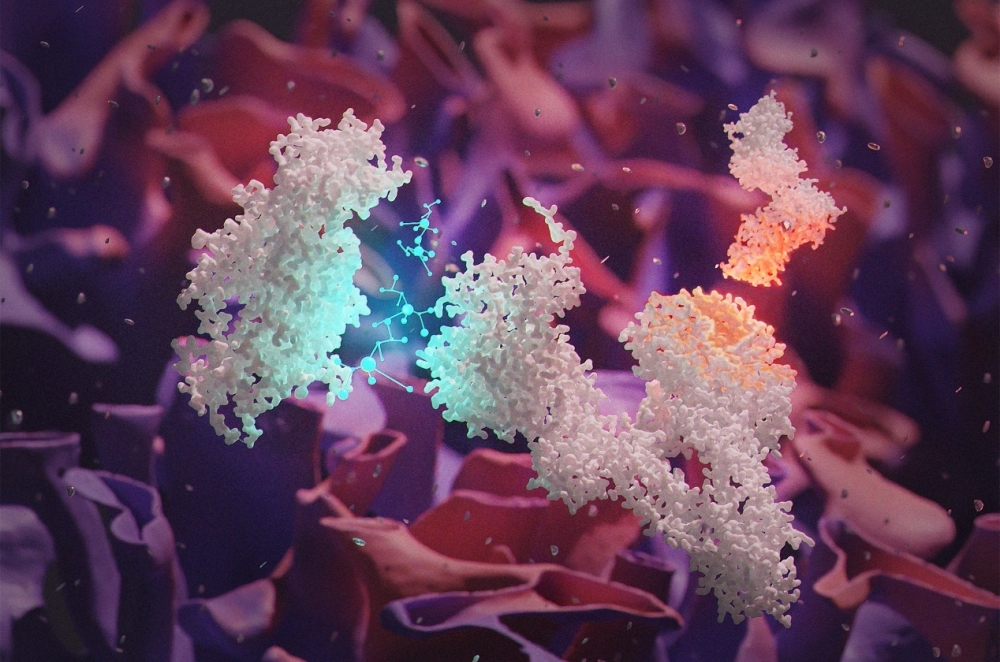
Kinases are the most important targets in the development of small molecule drugs. It has been reported that there are more than 600 potentially targetable kinases in the body, of which 43 have received the most attention. Due to their key role in inflammatory signaling pathways, IKKβ kinase inhibitors have been at the forefront of anti-inflammatory drug research and development. In-depth research on the function of IKKβ in inflammation will not only answer this question, but also help to promote the development of anti-inflammatory drugs.
Recently, the State Key Laboratory of Quality Research in Chinese Medicine at the Macau University of Science and Technology found that IκBα-NF-κB and AMPK were activated simultaneously in IKKβC46A knock-in mice (cysteine 46 mutated to alanine). The study further used liquid chromatography-mass spectrometry to find that IKKβ interacts with AMPK, and then used subcloning, point mutation, immunoprecipitation, and in vitro kinase assays to elucidate and confirm that IKKβ interacts directly with AMPK Thr183, Ser184, and Thr388 sites through its kinase domain. IKKβ interacts directly with AMPK Thr183, Ser184 and Thr388 sites through its kinase domain to phosphorylate AMPK and thus exert anti-inflammatory effects. Based on this, the study further revealed that IKKβ exerts a homeostatic effect by competitively phosphorylating AMPK and IκBα, and animal experiments also confirmed that AMPK and IκBα have a reciprocal relationship in the body. It is proposed that activation of AMPK to reestablish homeostasis, rather than inhibition of IKKβ, would be a more effective anti-inflammatory treatment strategy. The study not only elucidated the role and mechanism of the bi-directional regulation of IKKβ pro-inflammation and anti-inflammation, but also revealed the potential reasons for the failure of IKKβ inhibitors in clinical trials, providing important insights into the future development of relevant anti-inflammatory drugs.
The work was published as a back cover article in Acta Pharmaceutica Sinica B, a leading international journal in the field of pharmacology, with an impact factor of 11.614 in 2021 (immediate impact factor: 13.29). This study was supported by the Macao Science and Technology Development Fund (Project No. 0017/2018/A1, 0002/2019/APD). The State Key Laboratory of Chinese Medicine Quality Research of Macau University of Science and Technology is the first author of the paper, and Associate Professor Li Ting and Professor Liu Liang-chiou, Academician of Chinese Academy of Engineering, are the corresponding authors.
Link to original article: https://www.sciencedirect.com/science/article/pii/S2211383521003543
